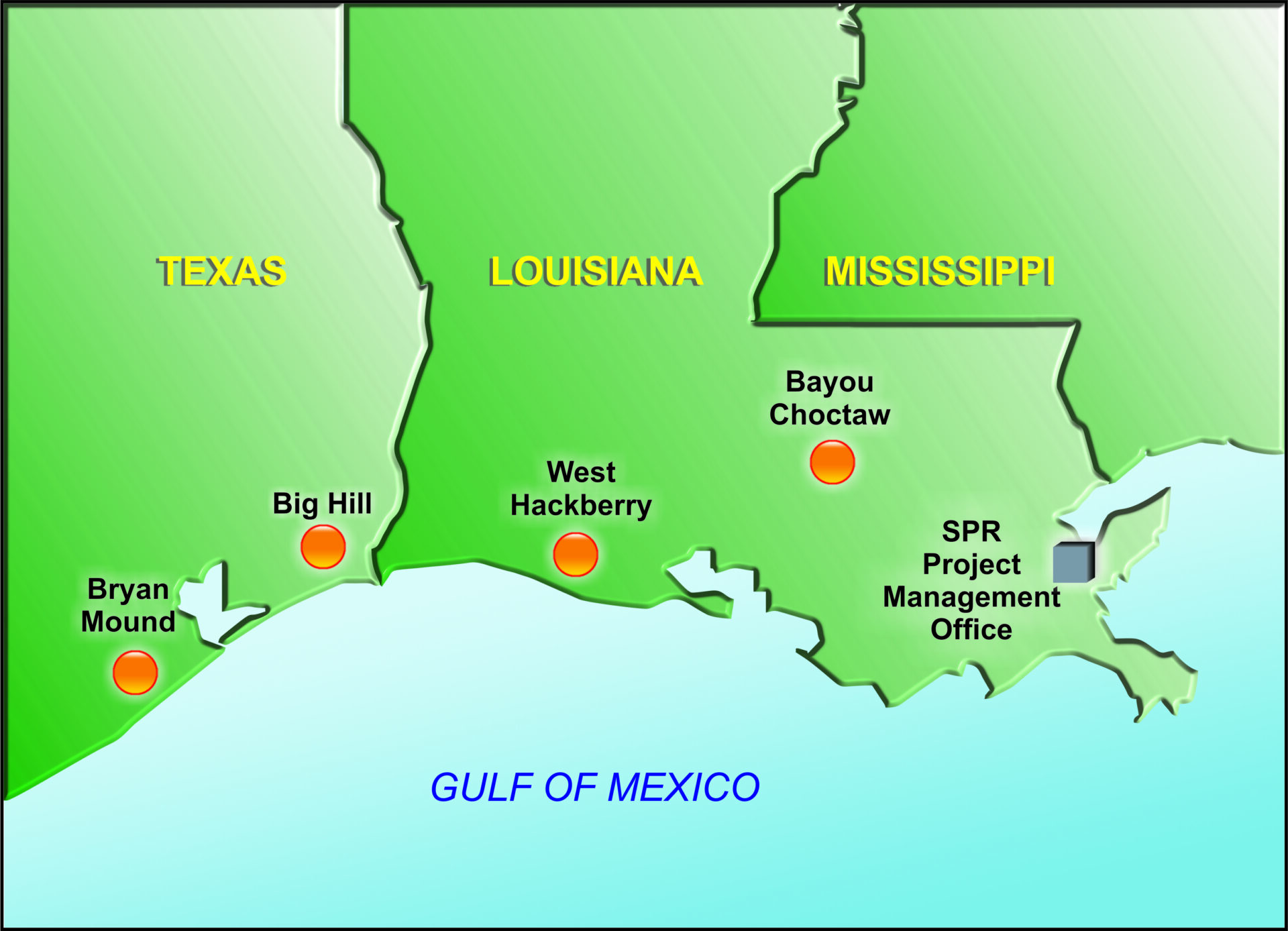Biden Administration’s Waiting Game Backfires on SPR
The Strategic Petroleum Reserve was established in 1975 in reaction to the OPEC oil embargo to mitigate future supply disruptions and to act as a backup oil supply in emergency scenarios, such as natural disasters. In the wake of Russia’s invasion of Ukraine, the administration wielded the SPR as a political tool to keep gas prices artificially low ahead of the midterms. Releasing over 175 million barrels of crude from the reserve, the SPR dropped to its lowest levels since the mid-80s. At the time, former Secretary of Energy Rick Perry criticized President Biden for depleting the SPR –pointing out that there have been only three times a president has authorized emergency sales from the SPR: the first Gulf War, Hurricane Katrine, and Libya’s Civil War.
Having sold a significant portion of the SPR earlier in his term, President Biden and his administration is now struggling to refill it due to growing global unrest, especially in the Middle East, that has driven the price up. The Department of Energy had planned to award oil contracts for Louisiana’s Bayou Choctaw SPR, for example, but due to resurging global oil prices, that purchase has been delayed.
Now, it’s likely that the SPR will go unfilled until after the 2024 election. In election years, Presidents have opted to withdraw oil from the SPR, rather than replenish it, Robert Rapier notes. The current situation could have been avoided by using multiple different methods, but the overarching takeaway for any administration should be to stop playing politics with our energy reserves. The ability to maintain a secure SPR has enormous implications for the country’s national security, and as the last four years have illustrated, foreign conflicts can have an outsized effect on domestic energy.

